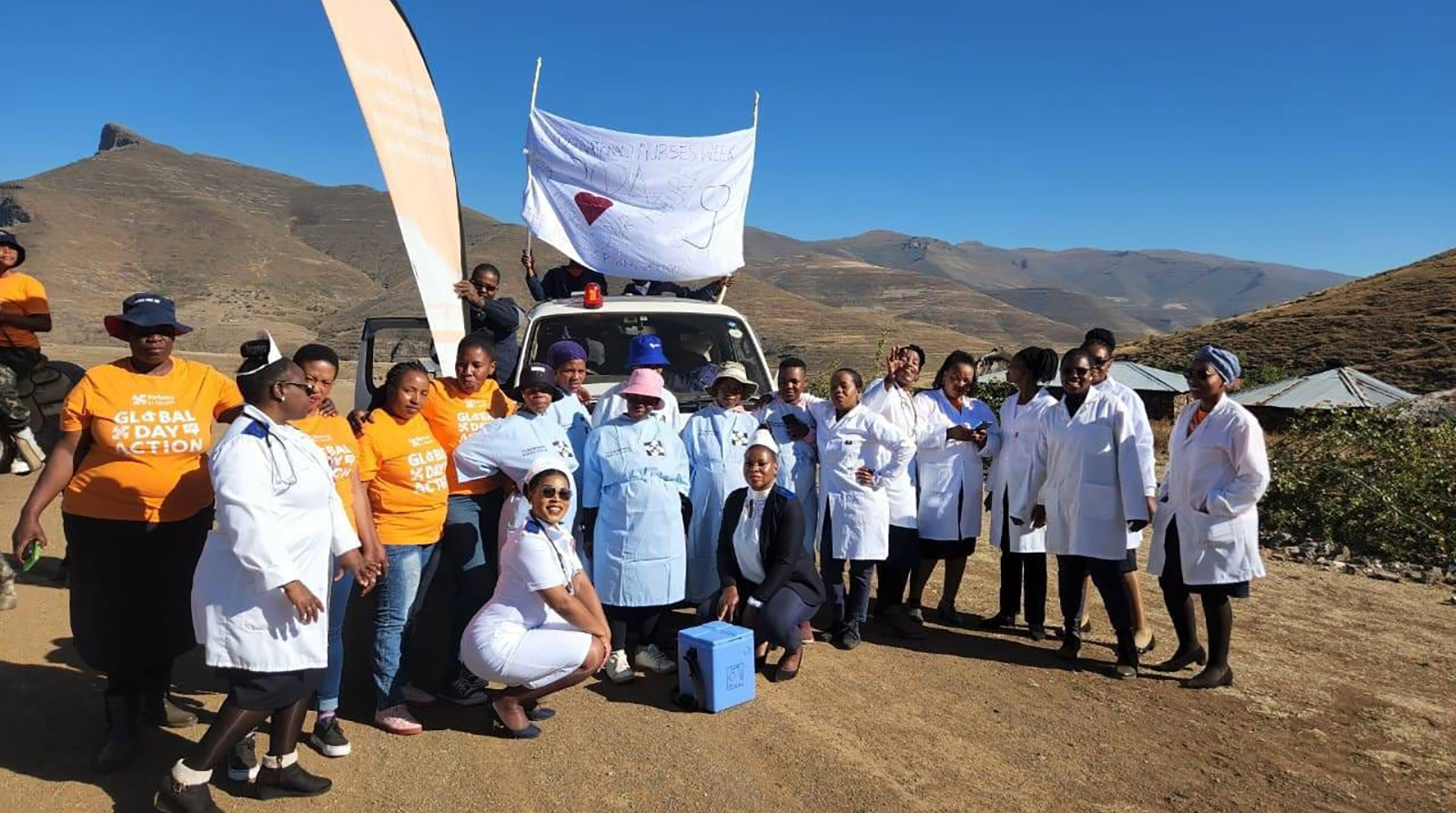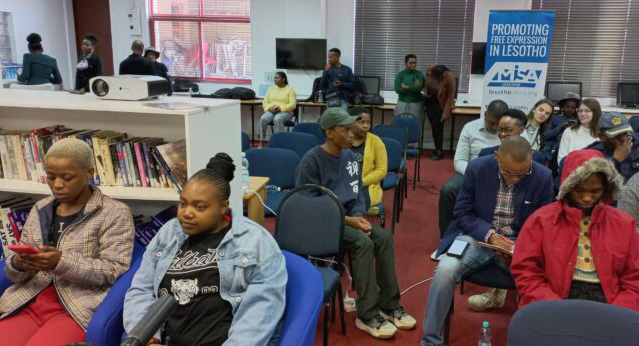New water draft law castigated

SHARE THIS PAGE!
The Water Resources Management Bill, 2025 – tabled this week for its first reading in the National Assembly – has already drawn sharp criticism from civil society, with activists denouncing the lack of public consultation and the bill’s failure to address pressing environmental challenges in Lesotho’s highlands.
The Bill seeks to overhaul Lesotho’s water management framework, replacing the Water Act of 2008, which the government says is outdated and ill-equipped to meet current demands in water resource protection, conservation, development, and sustainable use.
The proposed legislation aims to align the country’s water governance with modern standards and evolving sectoral trends.
Key features of the Bill include the establishment of an Inter-Ministerial Water Committee to improve coordination across government departments. This committee would be tasked with sharing information and consulting on matters such as water policy, resource development projects, and national plans that depend on water availability.
The Bill outlines a new institutional framework for managing the country’s water resources, including the formation of additional bodies with clearly defined powers and responsibilities. These would oversee activities such as catchment management and the implementation of water resource programs.
Another significant proposal involves streamlining the water permitting process. The Bill introduces a tiered system for permit applications, particularly targeting medium to large commercial users and businesses whose operations, such as effluent discharge, pose potential environmental risks. The system aims to boost efficiency while increasing revenue collection to support future water sector development.
The Bill also includes provisions to develop dam safety guidelines and improve the management and sharing of water resource data across relevant institutions. If enacted, the legislation would repeal the Water Act of 2008.
Despite these reforms, Lenka Thamae, founder and director of the Policy, Environmental Justice and Water Resources Advocacy (PEWA), has issued a scathing critique of the Bill.
Thamae argues that the Bill was drafted without meaningful consultation with communities directly dependent on water resources.
“The Bill is not consultative,” he said. “It was created to serve government interests, not the people who rely on these resources every day.”
Thamae noted that key stakeholders such as shepherds and members of the wool and mohair growers’ association were excluded from the drafting process.
Drawing parallels to how national policies are often formulated without grassroots input, Thamae said the Bill’s approach undermines public participation.
He also warned of a growing environmental crisis in Lesotho’s highlands, citing severe soil erosion, wetland degradation, pasture destruction, and uncontrolled burning as urgent threats.
“These ecosystems are vital to our biodiversity and water security. A state of emergency should be declared to protect them.”
Thamae also cautioned that declining water quality could jeopardise Lesotho’s water exports to South Africa. “If we continue to pollute the water we sell, South Africa could refuse to buy it,” he warned, pointing to the economic risks of inaction.
“This issue has been politicised for too long. The government must go back and consult everyone,” he added.
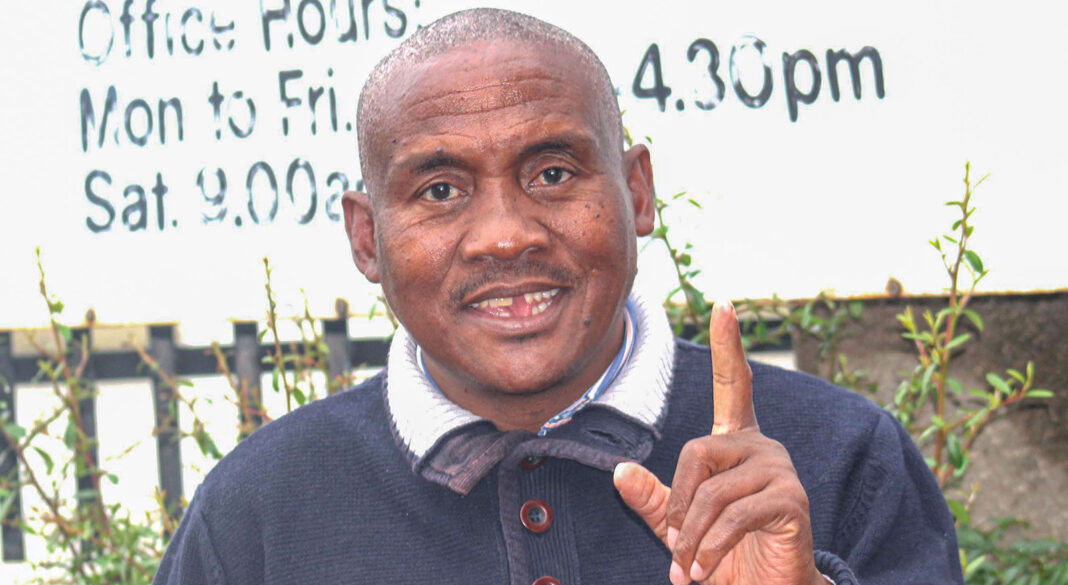
New water draft law castigated
8 days ago
BCM, Lipholo wife head to appeal court
8 days ago
LDF denies SA military base deal
9 days ago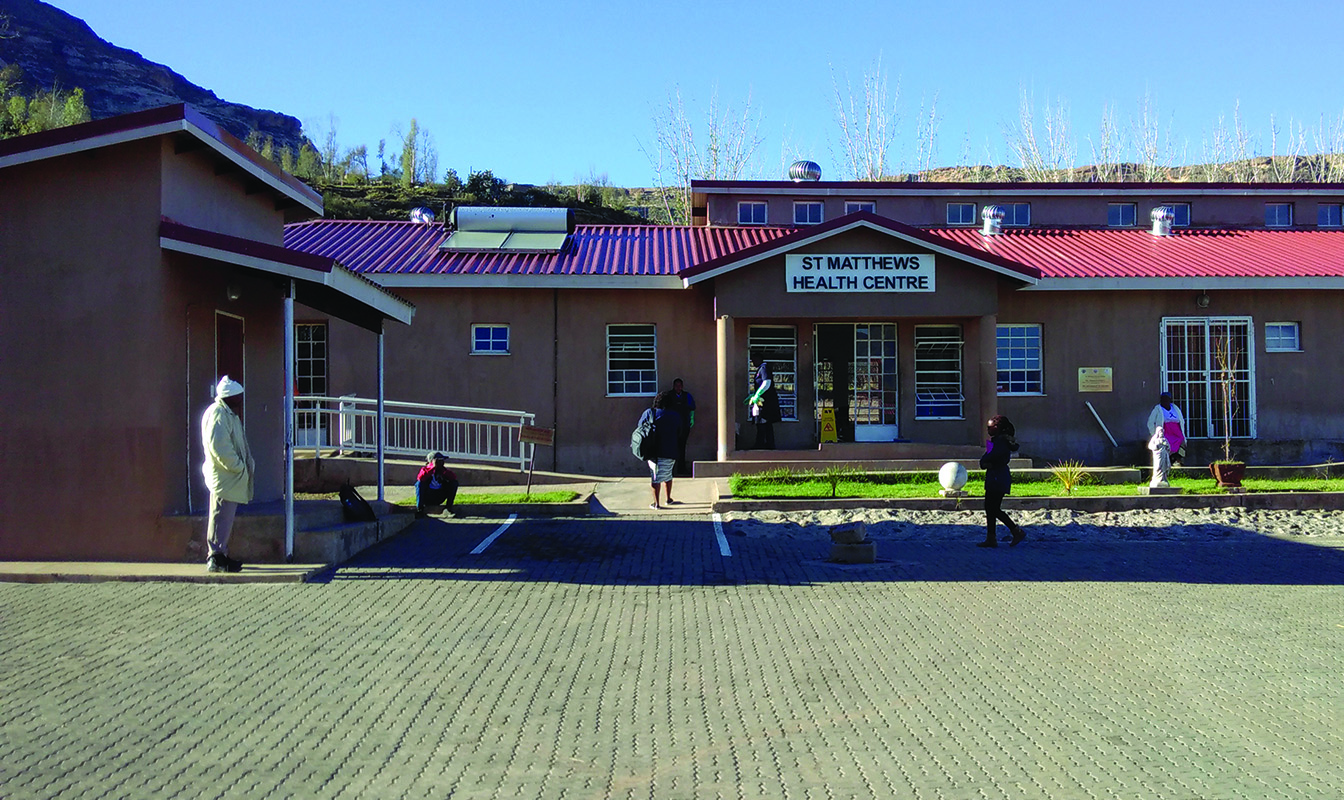
Panic over MCC shutdown
9 days ago
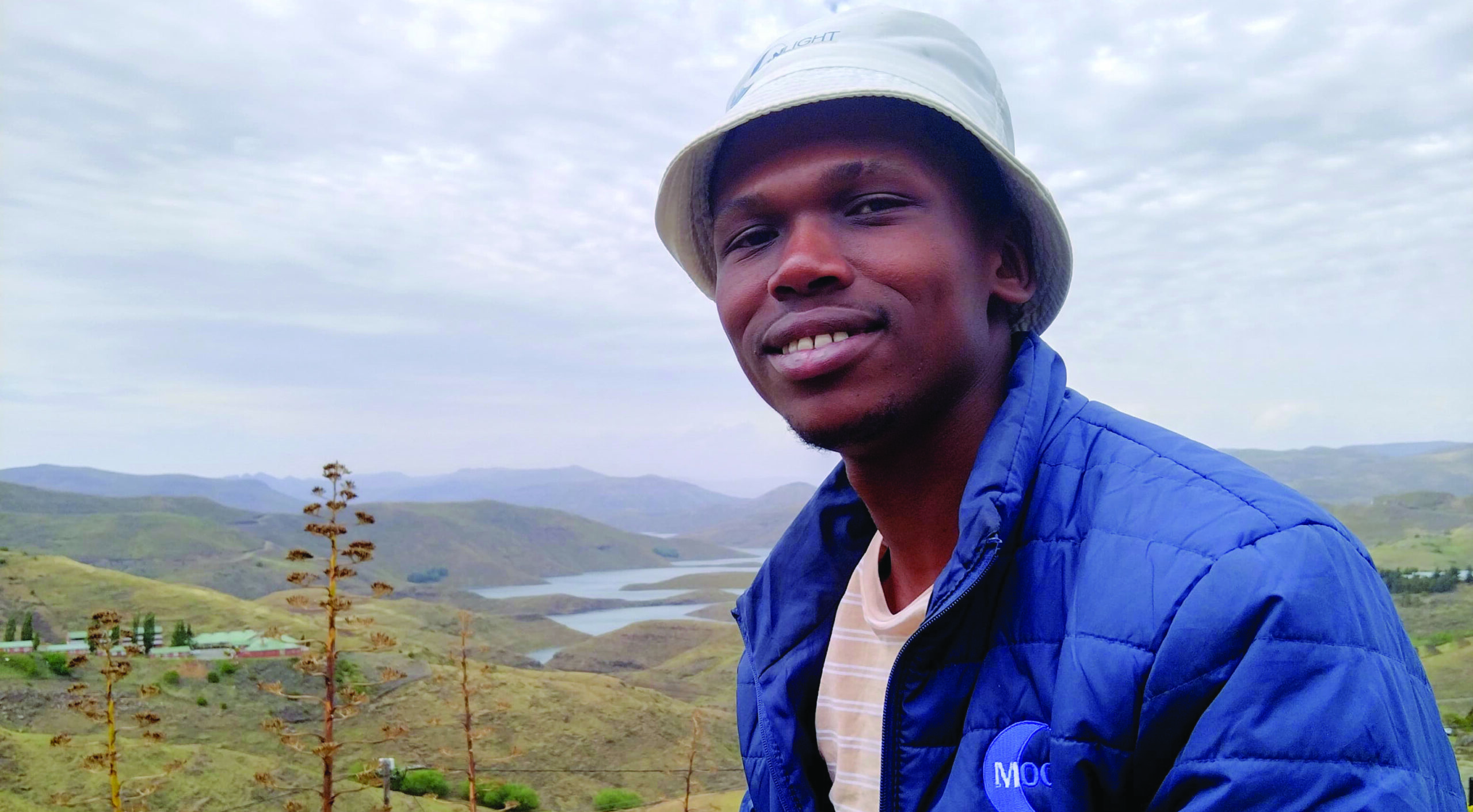
Basotho unite to preserve their history online
10 days ago

Fuel prices go down
10 days ago